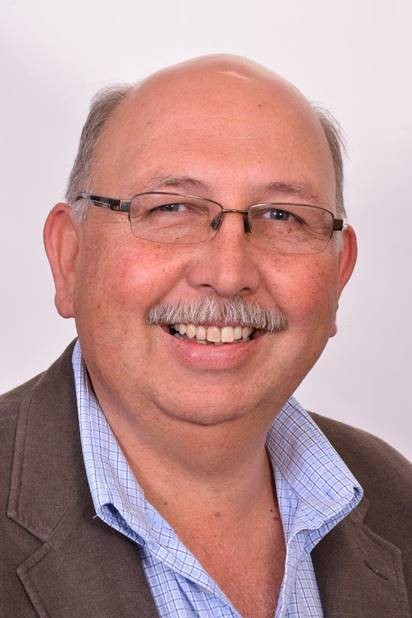Kontak:Felicia Mc Donald
- 021 808 2581
Plek: Room 3001, Wilcocks Building
U word hiermee vriendelik uitgenooi na die eerste Stellenbosch Forum lesing vir die jaar.
Die Stellenbosch Forum lesingreeks het sy ontstaan gehad in 1990 en bied sedertdien aan personeel en studente aan die US, sowel as belangstellendes vanuit die publiek, gereelde geleenthede om meer te leer oor relevante, wêreldklas navorsing wat aan die US gedoen word. Navorsers word by hierdie geleentheid versoek om hulle akademiese navorsingsonderwerpe op so 'n manier aan te bied dat dit verstaanbaar is vir nie-deskundiges op die gebied. Dit bied dus die ideale geleentheid vir kritiese debat en interessante besprekings oor dissiplinêre grense heen.
By hierdie geleentheid sal Prof Pieter Gouws, Vise-Dekaan: Leer en Onderrig in die Fakulteit AgriWetenskappe, Direkteur van die Sentrum vir Voedselveiligheid en professor in Voedselmikrobiologie in die Departement Voedselwetenskap aan die Universiteit Stellenbosch, 'n lesing gee met die titel:
"Listeriosis in South Africa – Facts and figures and what we should be doing about it"
Datum: Dinsdag, 12 Februarie 2019
Tyd: 13:00 – 14:00
Plek: Kamer 3001, derde vlak, Wilcocks gebou
Meer oor die lesing
During 2017 and 2018, South Africa has experience the largest ever recorded outbreak of listeriosis in the world. A total of 1060 laboratory confirmed cases have been reported during this time, 443 (42%) in neonates, followed by 32% in the age group 15-49 years of age and a total of 216 deaths. The case mortality rate in the South African outbreak was 27% and is comparable to other outbreaks in the world. Prior to 2017, an average of 70 confirmed cases per year were reported in South Africa. Of the 636 clinical isolates, 91% belongs to the sequence type 6 (ST6) and the other isolates belong to 16 different sequence types. Implicated products were recalled on 4 March 2018, and a total of 87 cases were reported since 5 March 2018. Of these isolates, 48 were sequenced and 33 were ST6, and the remainder belongs to seven other sequence types (ST1, ST2, ST5, ST7, ST039, ST554). Of the Food and Environmental isolates, only 13% were ST 6 while 87% belongs to 19 different sequence types. This outbreak did provide an opportunity to evaluate the readiness of the food sector and state to deal with this complex issue. Food safety requires effective regulation, capacity and transparency. Shortcomings were evident in the extensive delay between the first reported cases in January 2017, the announcement of the outbreak in December 2017 and the possible source being identified in March 2018.
Meer omtrent die aanbieder

Prof Pieter Gouws is the deputy dean for teaching and learning in the Faculty of AgriSciences. Prof Gouws, is a professor of Food Microbiology in SU's Department of Food Science, he uses biotechnological techniques to improve the microbial safety of food and is considered an expert on listeriosis, among others. He had spent some time as an international research fellow at the University of Nottingham, studying the effects of PCR inhibitors in complex food samples. Prof Gouws is also the South African representative on the International Commission of Food Microbiology and Hygiene. His current research interests focuses on novel and innovative applications for the detection and control of unwanted bacteria in food, improvement of food safety and food quality, novel processing technologies and antibiotic resistance of foodborne bacteria. He is the author of various scientific papers and train undergraduate and postgraduate students in the field of Food Safety. Prof Pieter Gouws was instrumental in the establishing of the Centre for Food Safety. The Centre is a one-of-a-kind applied food science research consortium founded by Stellenbosch University and the food industry. It will provide expert opinion and academic support to the industry, conduct research in food safety and participate effectively with government to ensure that food safety regulations are based on sound scientific evidence. The Centre aim to provide stakeholders with the opportunity to develop and exchange knowledge, experience, and expertise in food safety, food defence and food processing. Additionally, the Centre will play a leading role in consumer education on food-related issues.

